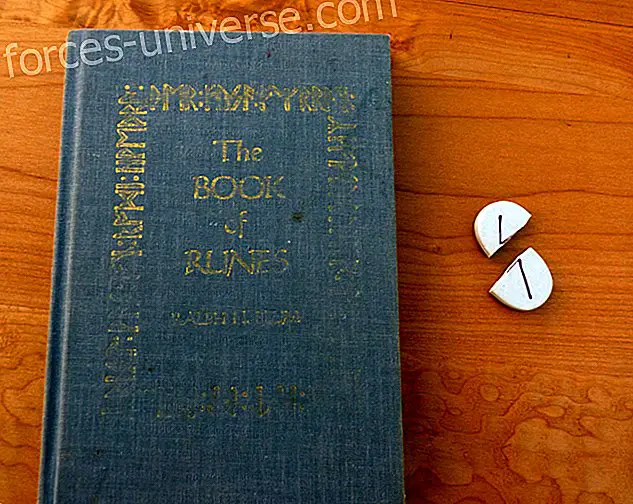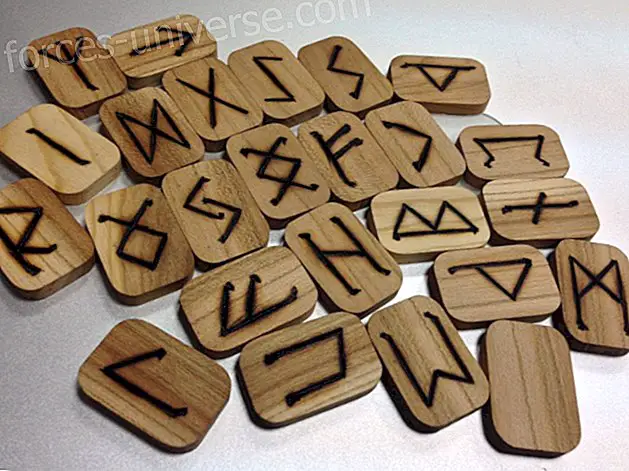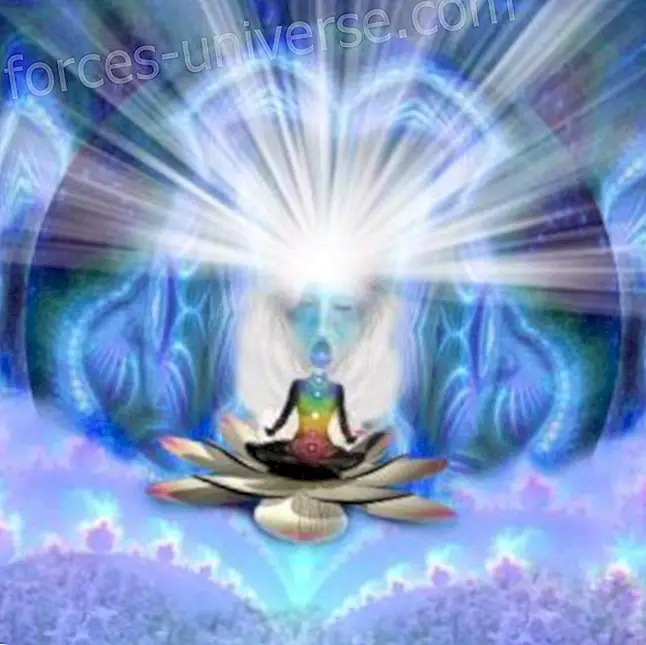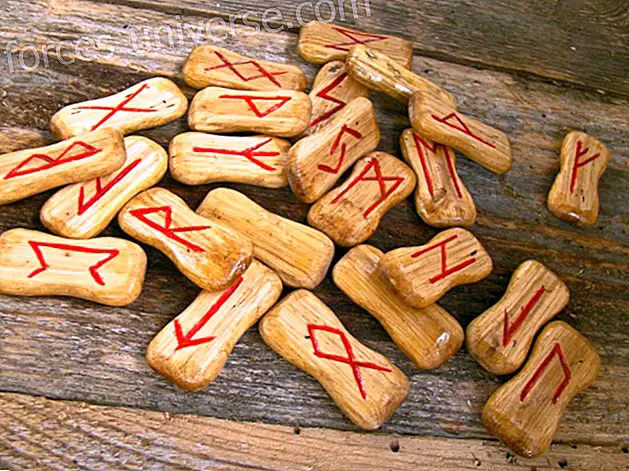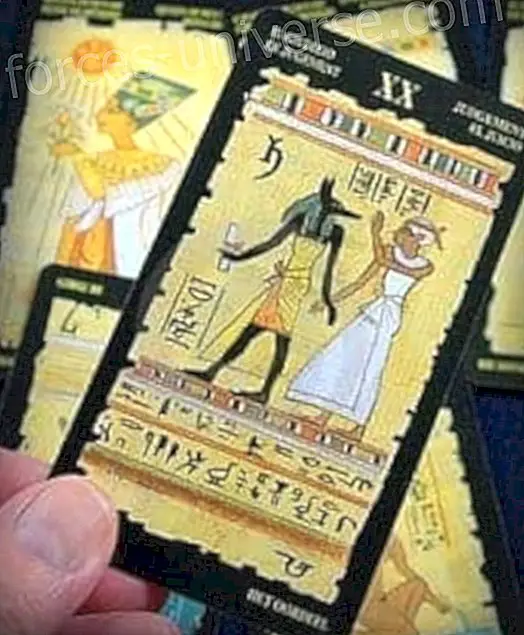Marc Torra

Believing in a linear time is equivalent to believing in a flat Earth. And yet for being round, we deduce that time is also circular. Denying that duality has caused us to want to own the space, we have ended up possessed by time.
Circular time
SPACE AND TIME constitute two dual concepts. This means that they are two sides of the same coin, which are the same but expressed in two different ways. That is why many cultures used the same concept to refer to both, such as the Quechua word pacha or the term s written akasha . Science simply called them space-time, and yet it was not until just more than a century ago that they noticed such a link.
Because they are two sides of the same coin, both share properties, since in one coin one of its faces cannot be round without being the other. Hence, to think that time is linear as an arrow is equivalent to thinking that space is flat like a plate, something we know is not true. And, despite that, many were the cultures that in the past believed in a flat land, and many are those that still believe in a linear time . Linear time means that the past never repeats itself, but we are in a constant process of evolution towards something new that we never were.

Possession of space
THAT DUALITY BETWEEN the concepts of space and time means that when we believe we have one, we end up possessed by the other, because by wanting to appropriate one, without recognizing that the other is also an expression of that one, but a dual expression, that other ends for owning us It constitutes the simple consequence of the law of reciprocity, according to which we obtain what we give and lose what we take away.
And in the same way, the duality combined with the law of reciprocity that governs the Universe also guarantees us that when we accept being possessed by one, we become the owner of the other. For example, many traditional cultures of the planet recognized that as children of Mother Earth, they belonged to her. They belong to space, which prevents them from leaving their homeland.

And yet, they have the freedom to navigate in time, to navigate that dream time that allows them to travel through what we call past and future. They have not been dominated by time, but have the freedom to travel as they please.
On the contrary, in today's modern society we have the freedom to travel in space, because we do not consider that we belong to a place but that place belongs to us. But we have ended up possessed by time, the dual concept of what we thought we had. How was that possible?
Time-Owned
AS A PHENOMENON, it is quite recent. We could say that it all started in England in 1750. During the next 110 years the British parliament passed a whole series of laws called " enclousure acts " which ended communal land rights. When fencing the earth, it was literally saying "this is mine", allowing its owner to do what he wanted with it. The earth became something that could be owned, unlike in the Middle Ages during which it belonged to God, and the king was responsible for safeguarding it. This caused a lot of deforestation, because at the time when a plot was fenced, its owner quickly proceeded to cut down the forest to grow it or use it for cattle.

The act of enclosing the land and believing ourselves owners of it triggered the Industrial Revolution, which also began in England and took place during the same period, from 1750 to 1860. By losing their rights of usufruct on the land they had been working for generations, peasants (migrants) migrated to urban centers; and there they became workers.

We thought, then, that we could own space and two centuries later time eventually possessed us. We live so pending the clock, that we have finished measuring time not only in hours, but even in minutes, seconds or thousandths of a second. We try to reach more and more; and thanks to technology, we try to be in several places at the same time, which is a clear claim to want to own or dominate the space. We also travel by plane, to cover in hours distances for which months were previously required. That is to say, we have not only pretended to own the space, but we have also not wanted to accept the limitations that it imposed on us. And yet, in modern society nobody has time. Time eventually dominated us completely, by imposing its own limitations.
Perhaps we have increased our spatial horizon, or at least the three-dimensional space that reaches our sight, and yet the end-time possession has reduced our time horizon. Thus, today the longest natural cycle we recognize is that of the year and yet we are more aware of the hours, minutes or seconds than of the months and years. Why be aware of the months, if now one can consume any fruit or vegetable at any time of the year? For this, it is simply necessary to grow it in greenhouses, store it in refrigeration chambers or bring it from the other hemisphere, in which it will be summer when we are in winter. And the years, are they not adding up one after the other, in a line that never repeats itself? It is the line of progress, thanks to which we now live better than we lived in the past, now we are smarter, more sophisticated, less barbaric, less primitive ... And I wonder is that true?

No, it may not be true, because what we know may be much, but much more is what we ignore and that we knew at the time. Much is what we have forgotten in that blind search for progress. Among other things, we have forgotten how to live in harmony with nature, in harmony with our neighbors and with ourselves. We have forgotten how to be happy, thinking that happiness would come to us with the possession of space and the objects it contains. We have remained in the material aspect of that duality that we did not know how to recognize. From this material aspect the space emanates, causing us to forget its immaterial aspect, which defines time.
Time is what we cannot touch and yet it governs our lives. It is what we cannot see, but it is impossible for us to escape his gaze. We try to deny it, covering the wrinkles that furrow our face. We try to control it, controlling it by the hands of a clock. And yet he controls us, he governs us with his baton that beats 60 times per minute, to the rhythm of our heart. It governs us because time is no more than a product of the mind, and the mind governs us.
The Australian aborigines never let their mind project such a concept. They never created a titan called Cronos (Saturn for the Romans), son of Earth ( Gea ) and of Heaven ( Uranus ), so that he would castrate his father and take his place. Cronos ended up devouring his own children, for fear that they would do to him the same as he did to his father Uranus. Among them, he devoured Demeter, Goddess of agriculture and Hera, Goddess of women and marriage. It represents time devouring everything, the time that ends with environmental balance and matriarchy, to create a patriarchal society detached from mother nature.

That is the dream that ends, a false dream that ends. Understanding that dream change asks to understand another type of time, which I call `` sacred time '' and which is my previous article.
 2011, Marc Torra (Urus) for mastay.info
2011, Marc Torra (Urus) for mastay.info


